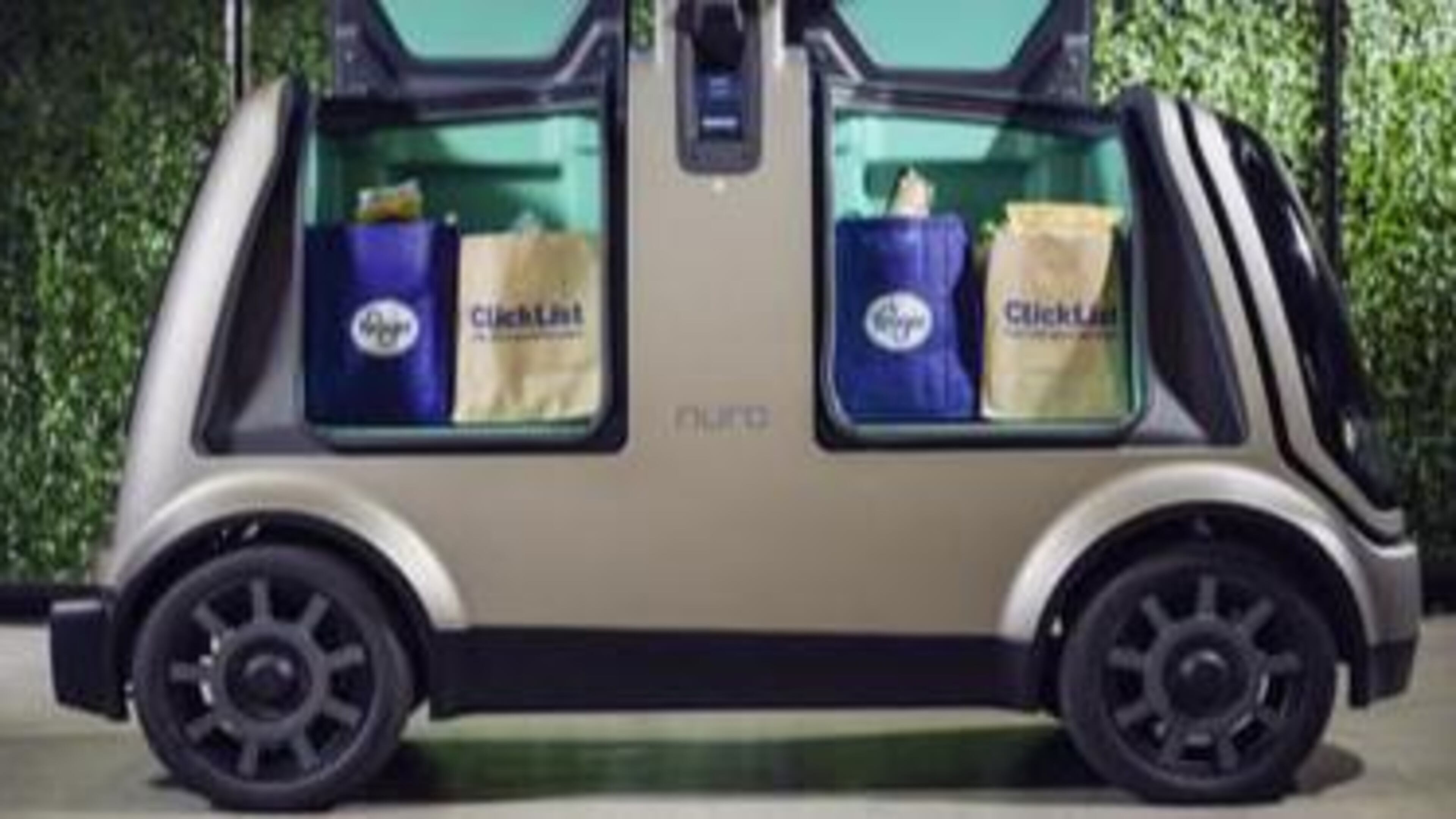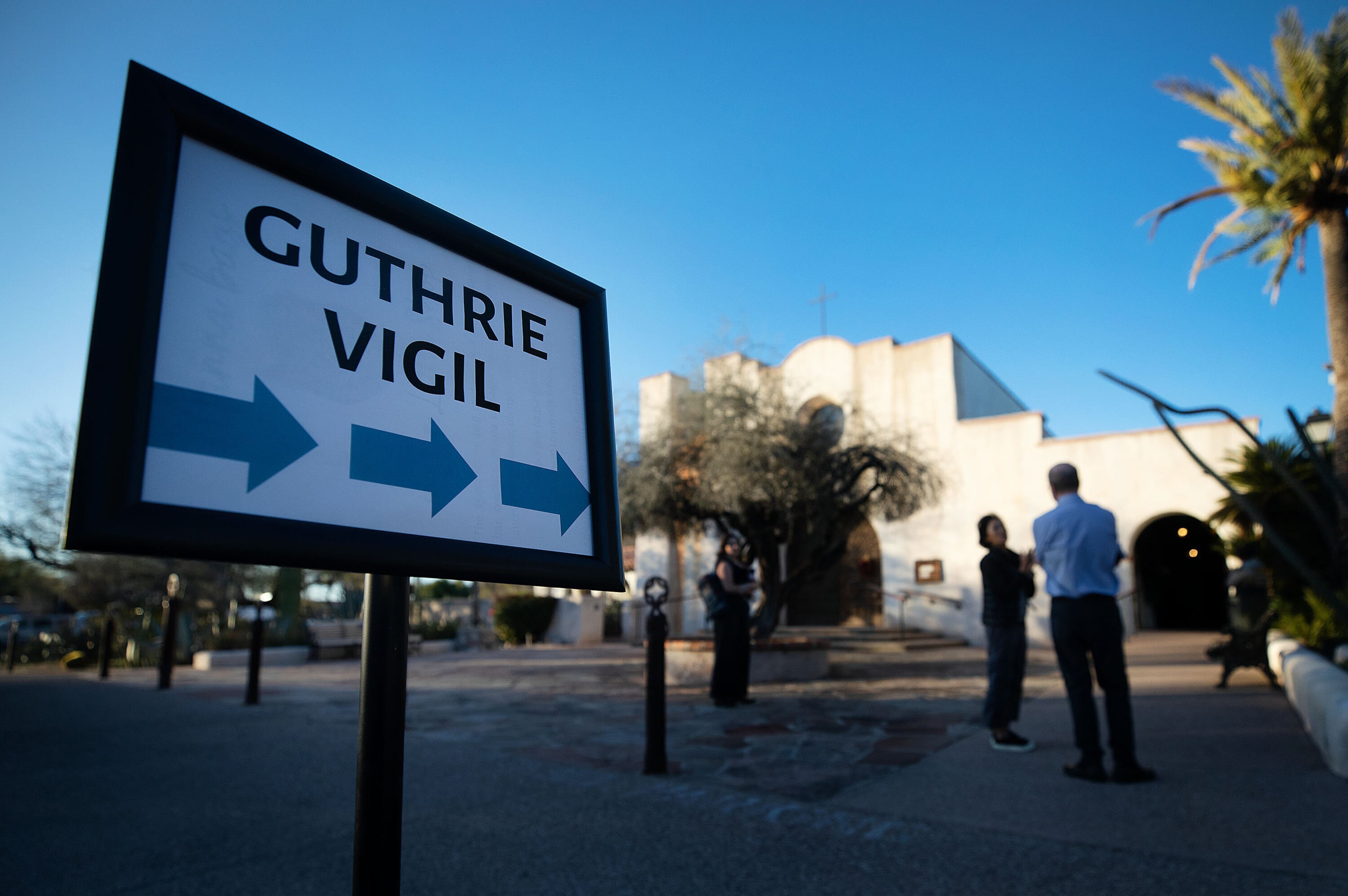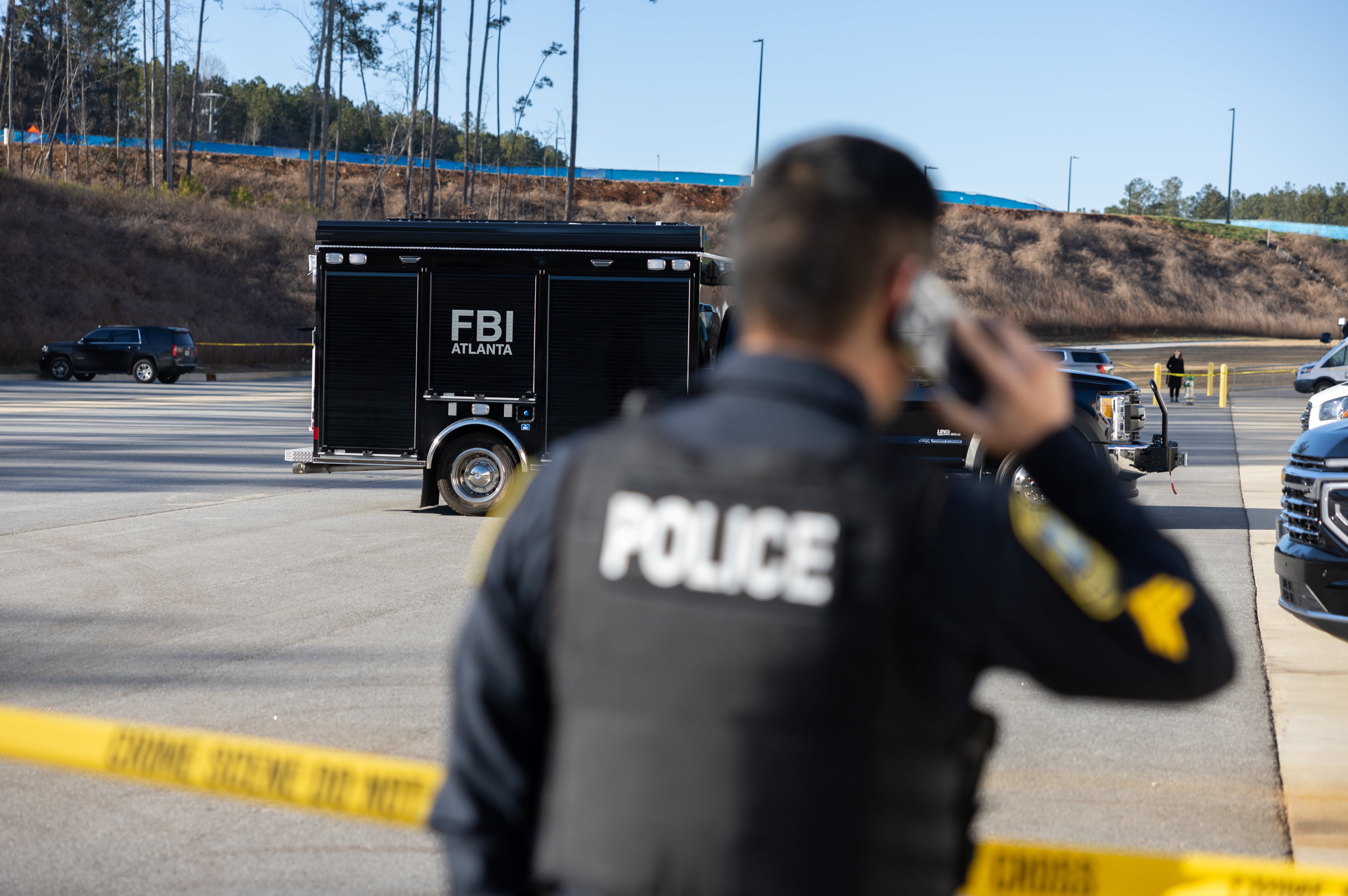Kroger will drive groceries to your curb, but without a driver

Kroger groceries may soon be delivered to a curb near you — without a delivery driver.
Kroger Co. is exploring the idea of delivering groceries with driverless miniature cars, the company said Thursday.
The Cincinnati-based company will test a fleet of driverless cars designed to lower delivery costs, according to a company announcement.
Kroger said it will work with electric-vehicle startup Nuro Inc. to test what it calls the world's first driverless grocery deliveries.
The idea is to employ robotic cars that won’t have a human riding along to take control in case something goes wrong.
Kroger is saying its self-driving delivery service will start by the end of this year.
“Kroger’s expansive retail footprint of 2,800 stores in 35 states combined with Nuro’s technology platform will change the status quo of grocery delivery through convenience at a low price,” Kroger said in its announcement. “This allows customers to get what they need, when they need it, wherever they are.”
The location of the delivery service hasn't been determined, although it most likely will involve Fry's supermarkets in California or Arizona, The Associated Press quoted Nuro co-founder Dave Ferguson as saying.
Customers will be able to order groceries from a mobile app, much like a Uber or Lyft ride. After the order is made, a driverless vehicle will deliver the groceries to a curb, requiring the customers to be present to fetch the items, the AP reported. The vehicles may be opened with a numeric code.
Kroger offers grocery delivery in vehicles driven by people at about 1,200 of its 2,800 stores, covering about 20 markets in the United States.
Kroger and Nuro executives said delivering groceries without drivers is still years away, but it’s expected such a service will make deliveries cheaper and easier to introduce in less densely populated parts of the country, the Wall Street Journal reported.

